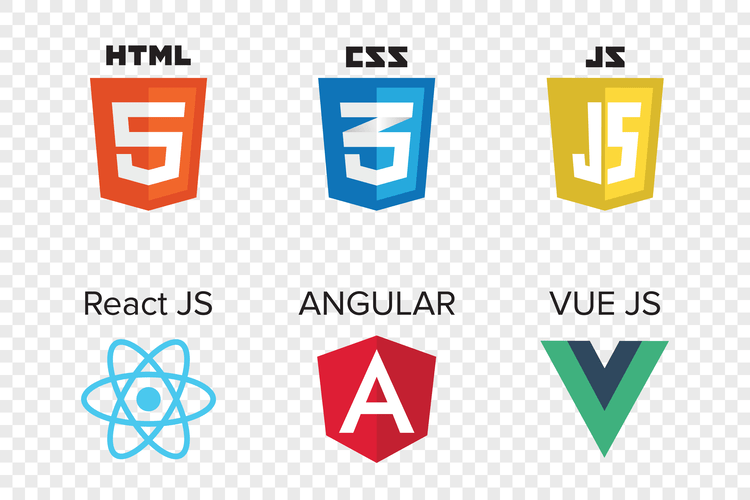Share This Post
The cornerstone of blockchain cybersecurity is the use of public and private keys. The public key identifies your account when someone wants to send you funds on the blockchain. But, before I proceed into the nitty-gritty of how the blockchain can improve your business, allow me to give you a brief introduction to what the blockchain really is. Open Music Initiative is a Boston-based nonprofit creating an open-source protocol to identify original creators and music rights holders.
Current approaches to recording the flows of information, inventory, and money in supply chain transactions leave a lot to be desired. There are blind spots, causing problems for the purchasers, suppliers, and banks involved. Credit Suisse, a global leader how to implement blockchain in banking services and financial solutions, has partnered with Paxos to settle its stocks in the USA. An eminent blockchain company, Ripple, has partnered with banking giants such as Santander and Western Union to facilitate cross-border payments.
Blockchain Applications in Government
Blockchain helps you easily document your thoughts and timestamp them so that you can prove their authenticity. In the U.S., citizens must manually figure their taxes and then pay the appropriate amount. With blockchain, the records are readily available, and an algorithm could do the work. Right now, it’s hard to imagine travel without paying for the ticket or needing to put a credit card on a room at a hotel. Instead, you could use blockchain to set everything up and then only verify your identity.

Some claim the boom won’t last, while others say it’s because cryptocurrency is taking off as a viable alternative to fiat currencies. Even some national central banks are experimenting with their own blockchain-backed currencies, like the J-Coin in Japan. Even though ERP systems have automated many of these steps, considerable manual intervention is still needed.
Human Resource Sectors
Blockchain provides a distributed ledger approach that helps improve the media supply chain and reduce copyright infringements through security, data analysis, and control. Blockchain technology can help various types of businesses, including healthcare, logistics, manufacturing, and information technology, solve real-time problems. Blockchain, along with other disruptive technologies such as AI, Big Data, and Cloud, can prove to be a game changer in a variety of business verticals. When it comes to the future of blockchain technology, it has unmatched potential to bring novel and innovative ideas and concepts while integrating existing ones.

They can be used to integrate services across different businesses without divulging sensitive or proprietary information. A more practical solution is for participating companies to share their inventory flows on a blockchain and allow each company to make its own decisions, using common, complete information. Companies would utilize a kanban system to place orders with one another and manage production. Kanban cards would be assigned to the produced items, and the blockchain would record digital tokens representing the kanban cards. This would enhance the visibility of inventory flows across companies and make lead times more predictable.
Establishing Contracts
So you’ll never overpay on your taxes and you’ll have nothing to fear if the IRS comes knocking. A team is only as strong as its weakest member and the same is true for your business. It is important to choose the right people to work with you so that your business can grow. A smart contract is a self-executing contract that has the terms of all parties written directly into the code. The code and terms of the contract exist on a decentralized blockchain network.
- All participants receive a notification about the appearance of a new block in need of validation.
- Blockchain-based decentralized cloud solutions can help organizations or other entities to securely share their idle or spare resources with others in return for favourable rewards.
- For example, a block in a cryptocurrency includes the sender, receiver, and amount of information.
- All three of these components are vital pieces to contracts from financial institutions, among others.
People tend to use the two terms interchangeably because blockchain’s first application was Bitcoin generation, but, in reality, the technology has a myriad of applications. With the use of cryptocurrency, it is more efficient than ever to do business. Customers can order products and services online, with inventory management software optimizing delivery from start to finish. There is absolutely no need for a third-party facilitator such as a Central Bank with blockchain technology. The technology uses SHA-256 encryption algorithms to transmit the public and private keys across the blockchain, along with other relevant identifying details. The encrypted biometric security system makes it secure to vote on a mobile device from anywhere in the world without fear of hacking or data corruption.
The Basics of Blockchain
Once pre-specified conditions are met, the next step in transaction or process is automatically triggered. Smart contracts reduce human intervention as well as reliance on third parties to verify that terms of a contract have been met. In insurance, for example, once a customer has provided all necessary documentation https://globalcloudteam.com/ to file a claim, the claim can automatically be settled and paid. Because blockchain uses a distributed ledger, transactions and data are recorded identically in multiple locations. All network participants with permissioned access see the same information at the same time, providing full transparency.
Arguably the greatest blockchain application for insurance is through smart contracts. These contracts allow customers and insurers to manage claims in a transparent and secure manner. All contracts and claims can be recorded on the blockchain and validated by the network, which would eliminate invalid claims, since the blockchain would reject multiple claims on the same accident. But blockchain technology has many more potential use cases beyond other than just serving as the fuel behind Bitcoin. Below, we’ve outlined some of its emerging applications across finance, business, government, and other industries.
Example of Blockchain: Cryptocurrencies
The technology can also help HR managers to store employee data securely by implementing encryption. It can ensure payment to contract-based workers only after they have finished the assignment. Furthermore, HR can automate payrolls instead of waiting for the banks to process their salaries.
訂閱我們的電子通訊
Get updates and learn from the best
More To Explore
Hauptstelle Stauff 888 casino einzahlung per telefon Teutonia Und Werk Ehrenfeld
Content Erreichbar Geschä